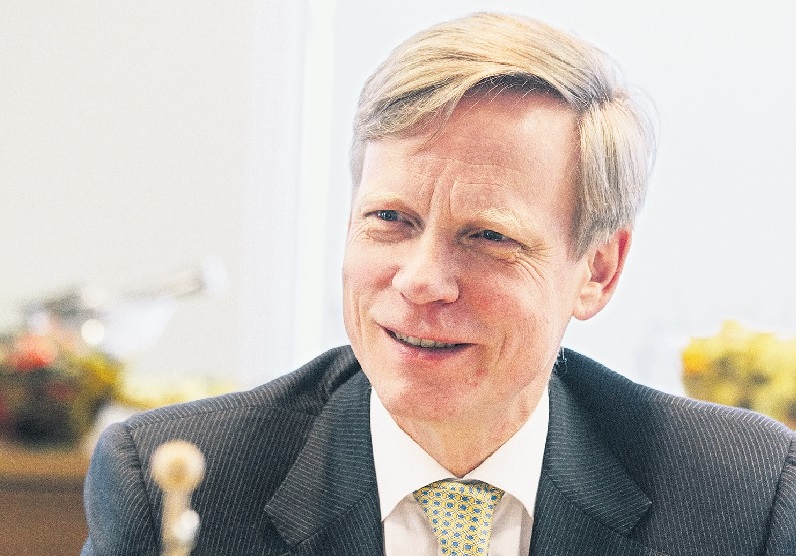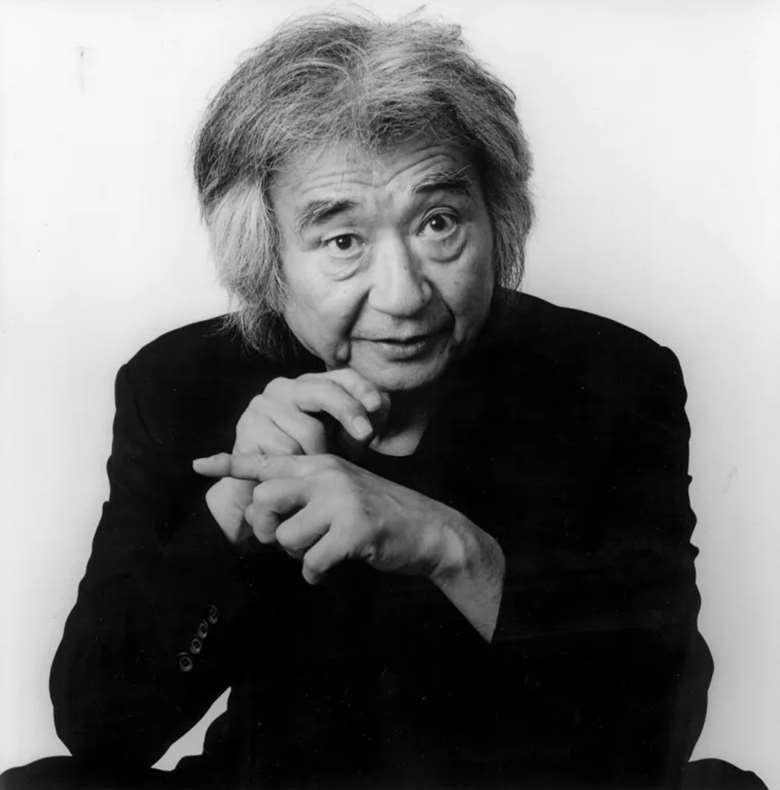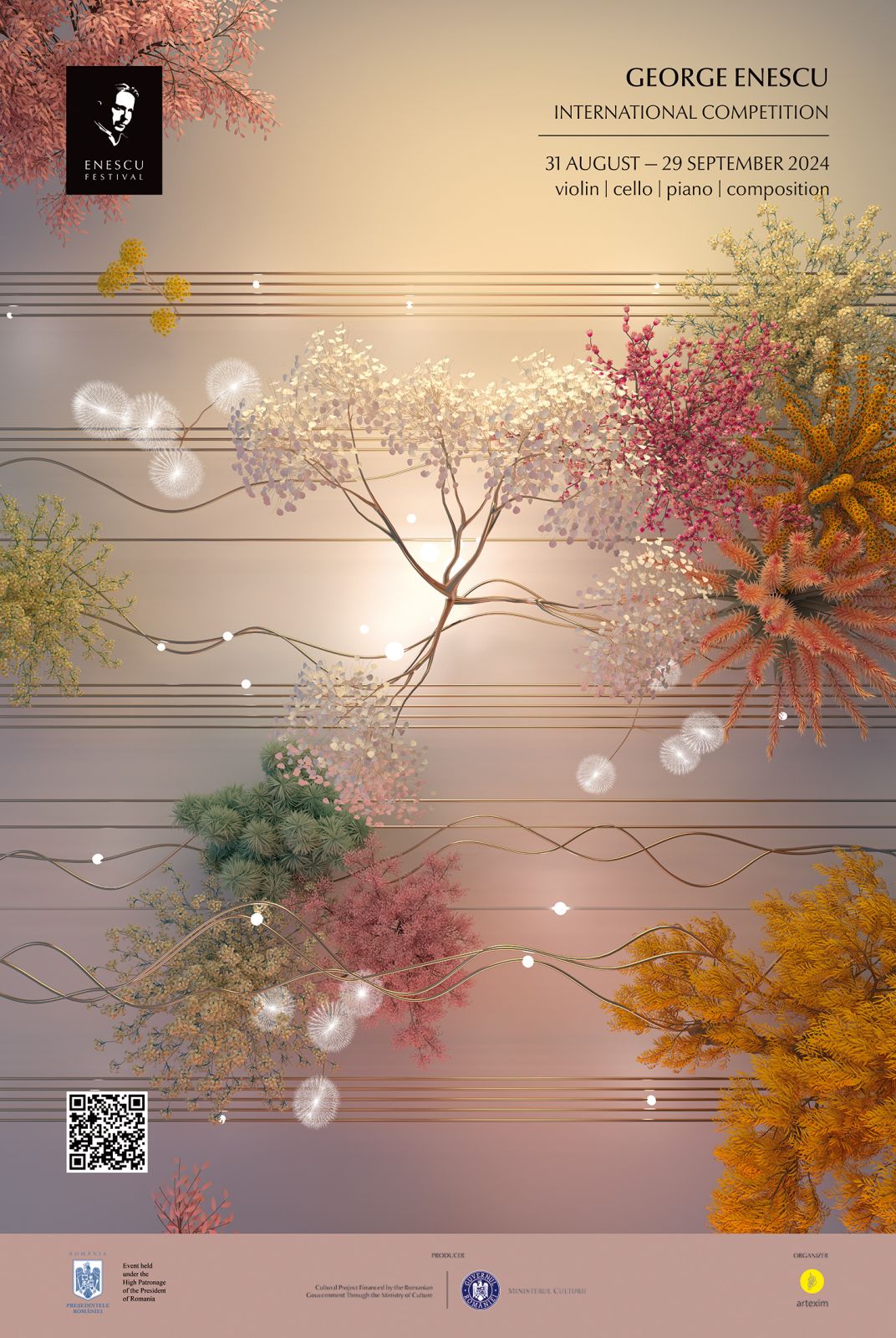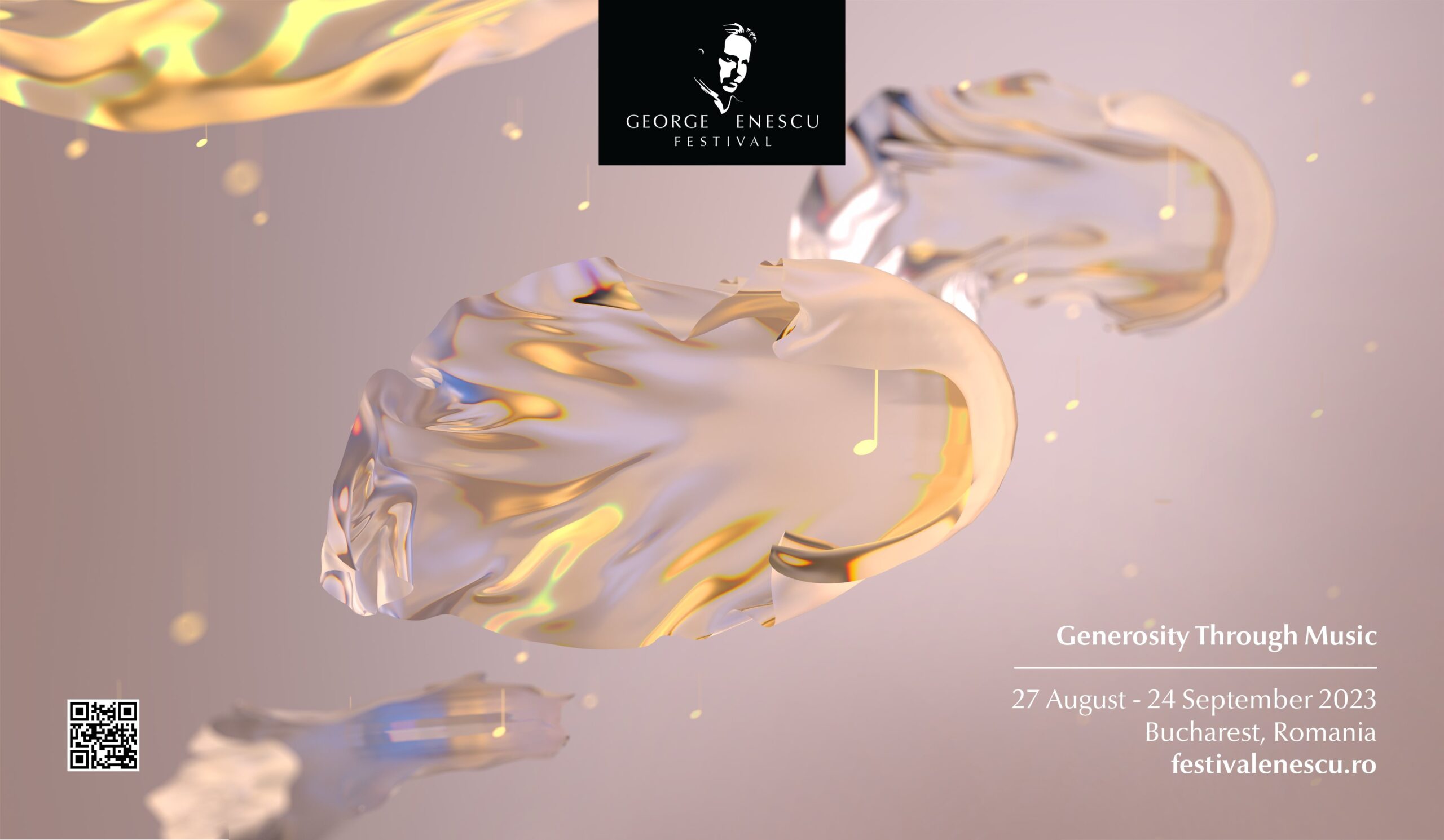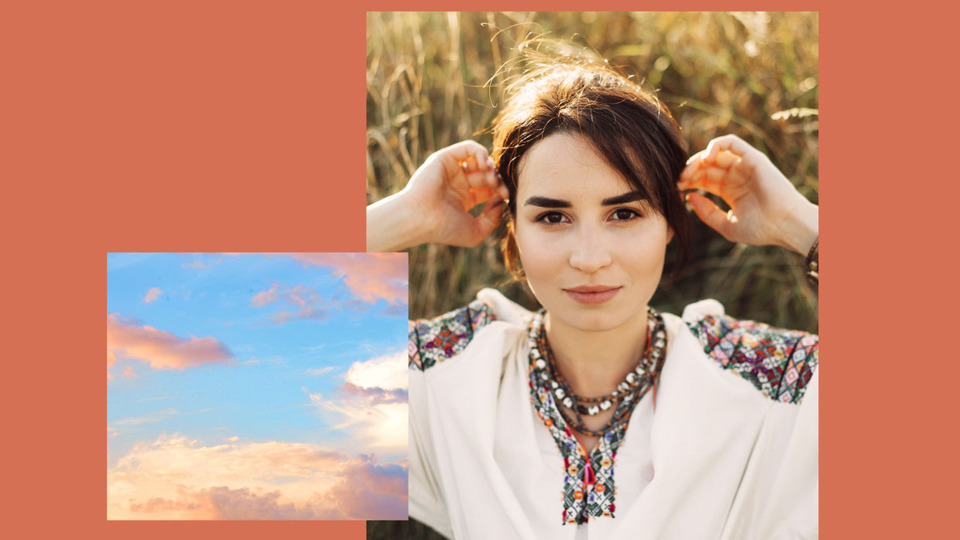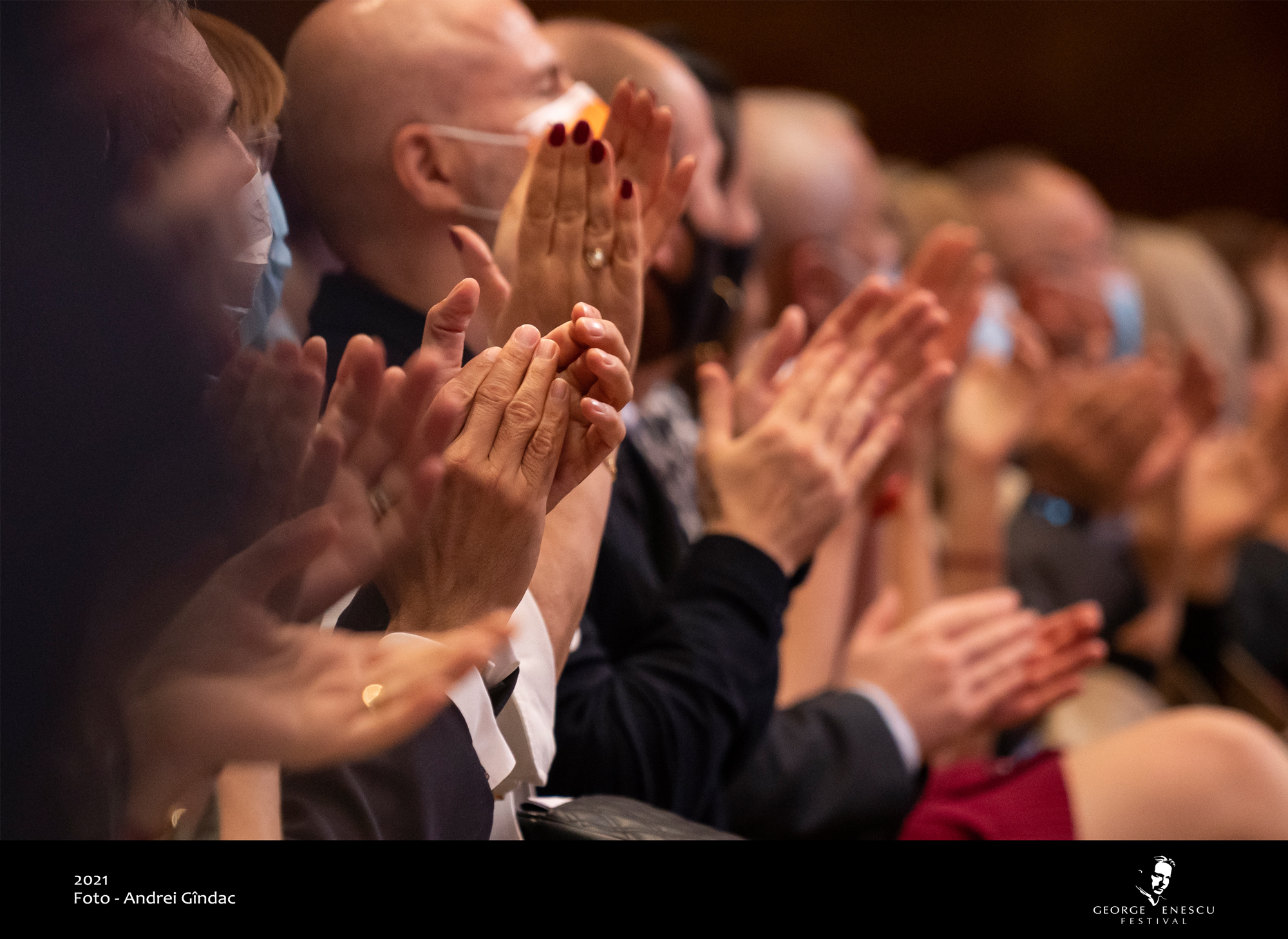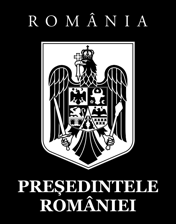In 2001 he came to Romania to work as Operations Vice-President at Raiffeisen-Banca Agricolă. Since February 2002, he has been the CEO of Raiffeisen Bank, which he brought to a top position in Romania in just a few years. He is a Dutch citizen, graduate of the Leiden University of The Netherlands, majoring in Corporate Law. He speaks five languages – Dutch, German, English, French and Romanian. He was a professional athlete, participating at the World Championships of 1983 and 1985 and at the Los Angeles Olympic Games (1986) with the Dutch rowing team; he continues to exercise and every year he participates in marathons or triathlons. He is a great lover of art – photography, music, and painting.
This year’s edition is under the sign of innovation and technology, which can help us rediscover classical music in a different way. For instance, we will have three concerts with multimedia projections for the very first time, and one of them is George Enescu’s “Œdipe”. We know it is a challenge, because some of us prefer not to experiment when it comes to classical music. How do you see this meeting between music and technology?
It is an excellent idea! Young people now express themselves about anything through technology. I see ever more often, in the streets or on the subway, people who listen to something in their headphones – audiobooks, lessons, but most of all music. I keep seeing Hi‑Fi headphones, which tells me they don’t just wear them to better use the time spent in traffic or to block out the noise around them, but also to appreciate a high quality recording. It would be a shame for classical music to remain outside this trend, which is why I am glad that technology is coming to the festival. When it comes to opera, what we see is always as important as what we hear, so I can’t wait to see the multimedia creation for a truly difficult work like Œdipe. Anything of quality deserves to be reinterpreted every now and then. Enescu’s Œdipe is in itself a reinterpretation of the well-known ancient myth.
If an artist has several means of communication to convey a message, I believe they should do it, because this way we will all be richer spiritually.
What attracts you most in the programme of this year’s festival? What do you wish to listen to the most?
As usual, the most expected one is the opening concert, because it marks the beginning of three weeks of great music, a true feast. This time we will listen to Royal London Philharmonic Orchestra, under the baton of Enescu Festival’s new artistic director, Vladimir Jurowski, with George Enescu’s Œdipe, with renowned soloists and two exceptional choirs, plus a multimedia projection made by the director Carmen Vidu.
I find it hard to make recommendations, because the programme is entirely a very good one. The series “Great Orchestras of the World” brings once again top quality international orchestras, we have superstar soloists like the violinist David Garrett, we have excellent piano and violin recitals. And a lot of Enescu’s works will be played – the festival is also an opportunity to present to the international audience that comes to Bucharest more of the works of the Romanian composer. So I am not necessarily waiting for something in particular, I love the very atmosphere of the festival and the succession of charming moments, each one in its own way.
It is the second consecutive edition when Raiffeisen Bank is a Platinum Partner of the George Enescu Festival, with a very important contribution to its organisation. What does it mean for Raiffeisen Bank to continue its partnership with the festival? What does a long-term partnership bring that is different?
Long-term partnerships are part of our philosophy, no matter in which field we get involved. We are not a transactional company, but rather a relational one. This is how we come to know our partners, our clients and our employees, to understand where and how we can contribute, so that it would be meaningful for both parties. Our affinity is with partners who do things right in their field, we associate with events that give participants quality experiences. This way, I think everyone wins and learns something.
In the diversity of the cultural projects supported by Raiffeisen Bank, what is different or what does the festival bring that other projects don’t? Or rather, if it’s not something different, how does it complete your “portfolio” of cultural projects in which you get involved?
Our involvement in cultural projects in Romania has lasted for over 15 years already, and their common denominator is the quality of the artistic act, as well as the experience of the participants. The idea is to leave a concert enriched, with new ideas, with positive emotions, with trust in a better “tomorrow”, and yes, confident that, together with those with whom you share the same values, you can change the world for the better. Enescu Festival already has international renown and prestige, and of course the association in itself is beneficial for Raiffeisen Bank, for our clients and employees, but what is more interesting and more important is that every edition brings something new, it puts classical music in a new light, in a modern way, it gathers an ever larger audience, and it brings Romania to an international context in which we can truly valorise ourselves.
You like classical music, you’re going to the concerts. I suggest we think for a bit about the spectators you see at the festival. How do you see these people? How do you see the atmosphere of the festival? Is there something that leaves a particular mark in the concert halls or around the festival’s locations?
Indeed, before the concert I look at the people in the hall and you can feel they anticipate that something beautiful is about to happen. I think if we could all keep the optimism, the positive anticipation attitude, a certain sense of content, if not pride that something like this can happen in Bucharest, and feel this after the festival has ended, the impact in our society would be a good one in the long term. I look on the website and I see many concerts are sold out, I see a great programme with free admission in the Festival Square, and I know that if we had a concert hall at the standards of 2017, with many more seats than we have now, it would be full, as well. I would like to conclude with this thought: Bucharest deserves a large, modern concert hall!
Translation provided by Biroul de Traduceri Champollion
